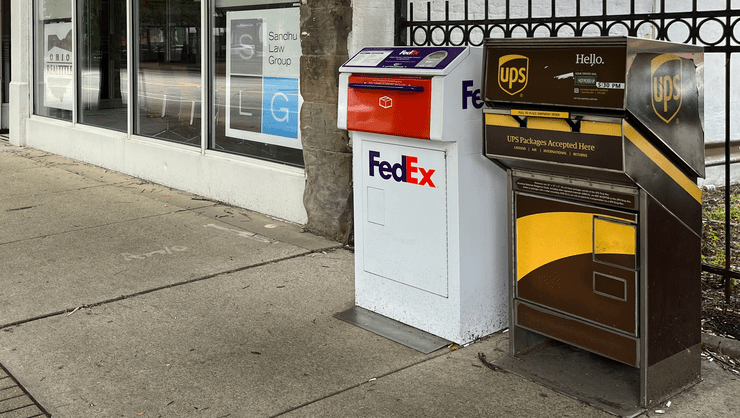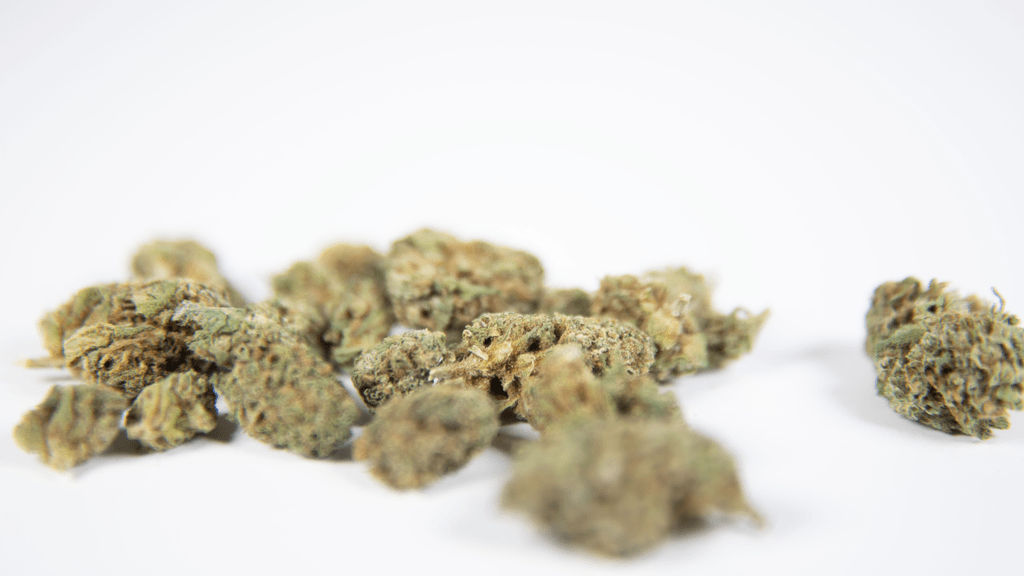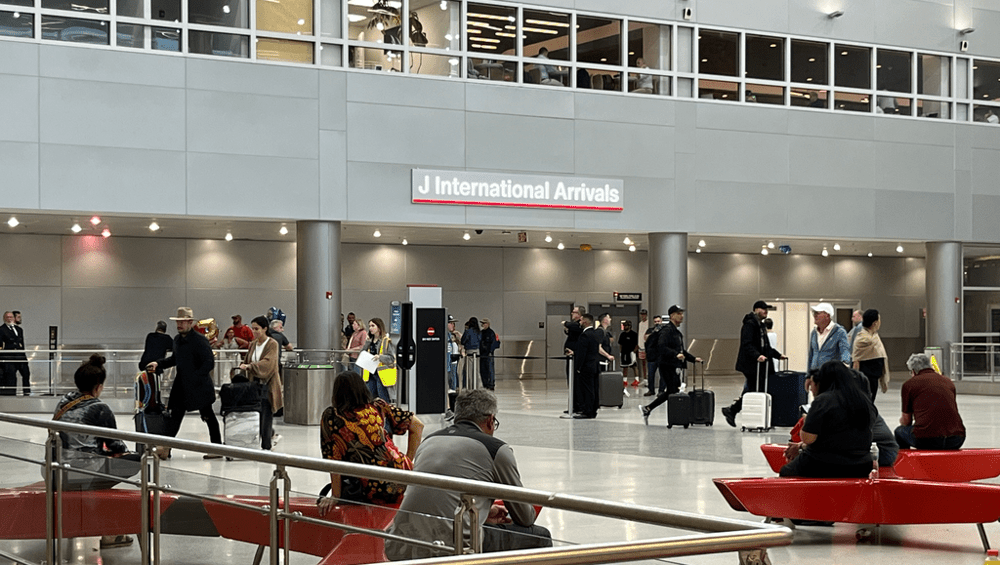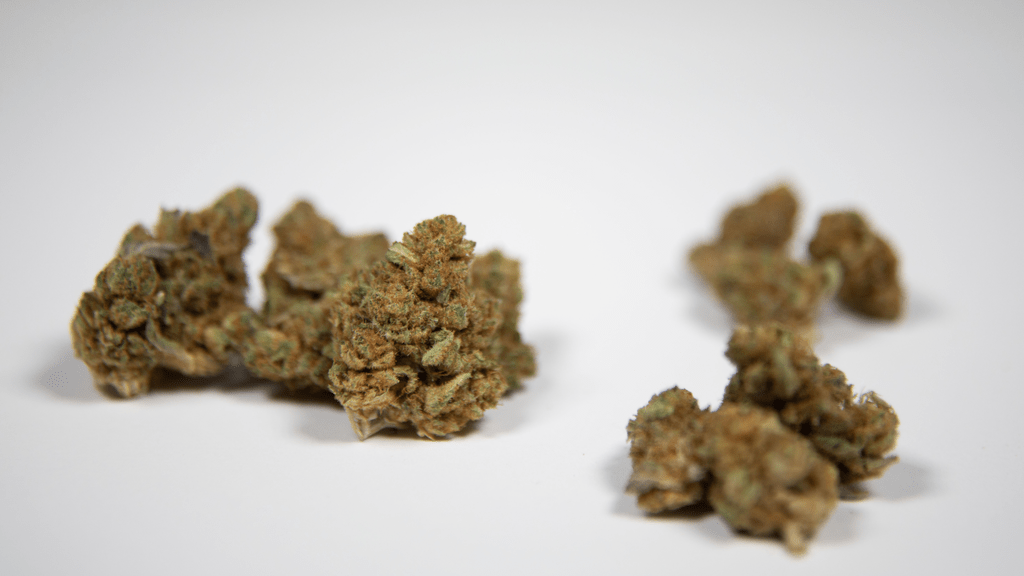Currently, major private couriers FedEx, UPS, and DHL strictly prohibit the shipment of marijuana or THC products—regardless of state legality. However, hemp-derived CBD with ≤ 0.3% THC is generally allowed, provided all federal, state, and local laws are followed.
- FedEx: Prohibits shipping marijuana, THC, or marijuana-derived CBD. Accepts hemp-derived CBD (≤ 0.3% THC) when compliant.
- UPS: Bans marijuana shipments. Accepts hemp-based CBD if THC ≤ 0.3%, shippers maintain required documentation, and items comply with laws.
- DHL: Rejects hemp products exceeding 0.3% THC. Permits compliant CBD oil shipments.
Even domestic postage via USPS is restricted—sending anything beyond hemp-derived products could lead to federal charges.
Why the Restriction?
Federal law under the Controlled Substances Act classifies cannabis (even medical or recreational) as a Schedule I substance. This supersedes state legalization and extends to all interstate and international shipments via carriers operating in federal channels.
Private carriers like FedEx and UPS are within their rights to inspect packages without notice and comply with law enforcement.
Hemp & CBD: What’s Allowed Now
Thanks to the 2018 U.S. Farm Bill, hemp-derived CBD (≤ 0.3% THC) is federally legalized. Carriers now support compliant products under these conditions:
- THC levels ≤ 0.3%, proven via lab reports or Certificates of Analysis (COAs).
- Proper legal documentation (grower license, hemp farm verification).
- Permissible packaging and labeling.
Carriers typically require shippers to keep documentation for up to two years, verifying legality at both origin and destination.
International shipping adds complexity, as many countries restrict or ban CBD. Some EU nations allow it with <0.2% THC, while others forbid it outright. DHL and others vary in acceptance depending on the destination.
If Cannabis Becomes Globally Legal…
If marijuana is legalized federally in the U.S. and internationally, couriers would likely begin shipping cannabis products openly. This would require:
- Regulatory harmonization: As emphasized at the 2025 International Cannabis Business Conference in Berlin, global legalization demands consistent frameworks across nations.
- Carrier policy updates: DHL, FedEx, and UPS would need to revise shipping rules, possibly with added licensing, secure packaging, age verification, and excise duty compliance.
- Enhanced compliance systems: Adoption of documentation standards, blockchain tracking, tamper-evident and child‑resistant packaging, and M‑tracking akin to pharmaceutical logistics.
Even Canada provides an early model—licensed retailers shipping cannabis domestically use couriers like Purolator under strict rules about packaging, labeling, excise stamps, and adult signatures.
What This Means for Stakeholders
- Consumers: Presently, using delivery services for cannabis (other than hemp CBD) risks legal consequences. In a legalized future, they may enjoy secure, compliant doorstep delivery.
- Licensed businesses: They must navigate shifting legal landscapes, invest in rigorous compliance processes, and be ready to scale logistics when legalization expands.
- Couriers: These companies may gain a new product line but will also need to ensure they have systems to safely and legally transport cannabis, similar to pharmaceutical-grade logistics.
Conclusion
Today, FedEx, UPS, and DHL will not ship marijuana or THC products, though compliant hemp-derived CBD is allowed under tight regulations.
But as global legalization becomes more cohesive—backed by harmonized laws, packaging standards, and traceability—these carriers are poised to enter the cannabis shipping arena. Much like how Canada handles licensed cannabis logistics, private couriers could soon provide a regulated, secure delivery service worldwide.
For now, anyone hoping to ship cannabis legally must navigate a patchwork of regulations or rely on specialized regional delivery services until legalization becomes the norm.






